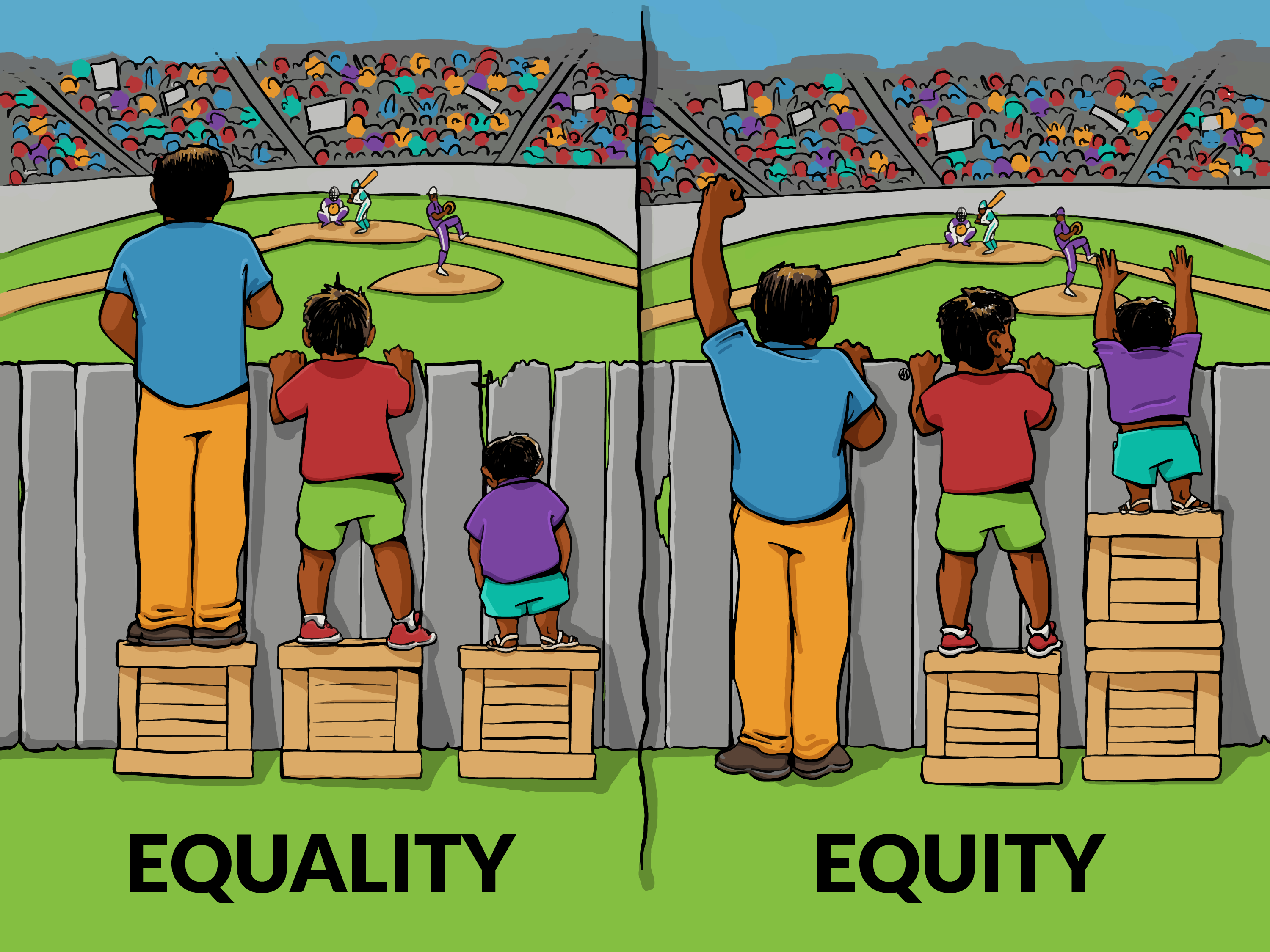
Hello,
I would like to introduce myself. My name is Adu Amoah and I am the founder of Tanaka Africa Home Decor, a social enterprise that culturally enriches homes by imbuing them with the ambiance and nuanced stories of Africa with handmade art home decor while honouring the artisans who make them.
As we know art is a universal language that connects across cultures and communicates in a visceral and emotional tone that all can understand. Art invites us to reflect on which stories we choose to value and privilege and which narratives we choose to exclude and ignore. Africa’s stories have historically been muted and we believe that we can change this tradition through the shifting of our societal attitudes towards power, privilege, justice and equality. We are convinced that a piece of TANAKA AFRICA’s art home decor residing with people in their homes can become symbols of social change tangibly celebrating and privileging the story of African culture and heritage-and a conversation.
We believe in “trade-not aid”- a fair trade reciprocal exchange. Purchasing African artisans’ products is a tangible and powerful action for social change- it is a potent tool in the global redistribution of wealth and resources as it empowers artisans’ local economy, sustains and creates artisanal jobs, preserves traditional African design practices that have been passed down through the generations and celebrates the cultural heritage of their community. It is our mission to help customers understand that “they can change the world and make a difference” through consumerism and that they can help others by helping themselves. Tanaka - is a Zimbabwean Shona language term meaning 'We are beautiful' and TANAKA AFRICA believes that “we can be beautiful together”.
With the ongoing Black Lives Matter movement we have become increasingly aware of the imbalances and injustices faced globally by racialized people. We appreciate allies like you who are finding ways to support us by highlighting the work we do through showcasing our businesses on a myriad of lists and directories; we are grateful for this support.

Tanaka Africa's Kill a Man Jaro
Last spring we witnessed millions of people protesting systemic racism and police brutality after the murder of George Floyd on May 25. The powerful activism provoked important conversations about how society can better support and advocate for Black lives. Many individuals, partners, allies and corporations wondered what tangible actions they could take to fight the injustice of systemic racial inequality and actually “make a difference.”

Tanaka Africa's Sister Hoop in Ears
On May 29, fashion designer and entrepreneur, Aurora James (Brother Vellies), posted a challenge to major retailers on her Instagram “OK, here is one thing you can do for us...So for all of the ‘what can we do to help?’ questions out there, this is my personal answer. #15 Percent Pledge So many of your businesses are built on Black spending power. So many of your stores are set up in Black communities. So many of your sponsored posts are seen on Black feeds. This is the least you can do for us. We represent 15% of the population and we need to represent 15% of your shelf space”. James offered consulting services to help corporations reach that goal. Her Instagram went viral and a few days later the #15 Percent Pledge became a non-profit organization. James said that she chose to focus on consumerism as her tool for social change given that black business owners are turned down for loans twice as often as their white counterparts and that they are disproportionately negatively impacted by the coronavirus pandemic.

Voting with your pocketbook is one of the best ways to effect change in a capitalist society; consumerism can be used as a potent social change agent. Shopping at black and people of colour (BIPOC)-owned businesses is one of the most powerful actions one can take to support the community. One’s money can help small businesses grow and the concrete action places power directly into the hands of BIPOC creators, employees, and consumers. This first step is an important tool in redistributing resources and promoting generational wealth in the fight for racial and financial equality. By focusing one’s purchasing power on BIPOC and making a long-term commitment to support them one is supporting local BIPOC economies, fostering job creation, empowering the community, and celebrating their culture. As we incrementally move forward with this process please remember that we require this support consistently and on a long-term basis in order for it to make a true difference and achieve the desired outcome of long-term redistribution of wealth in our struggle towards racial and financial equality.
